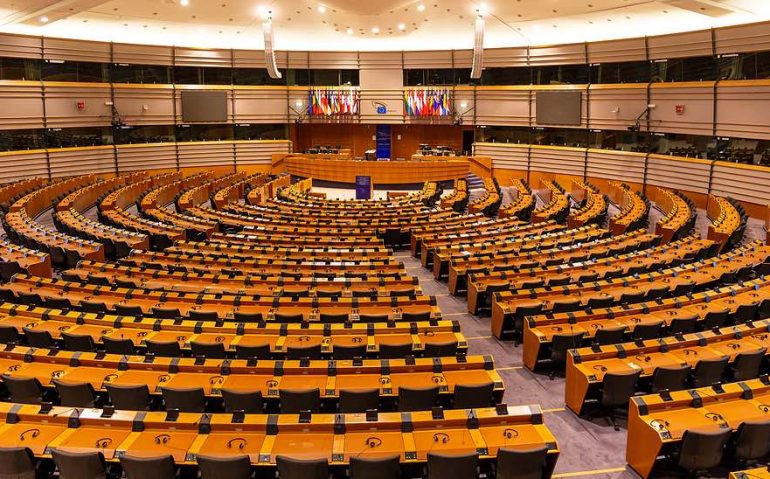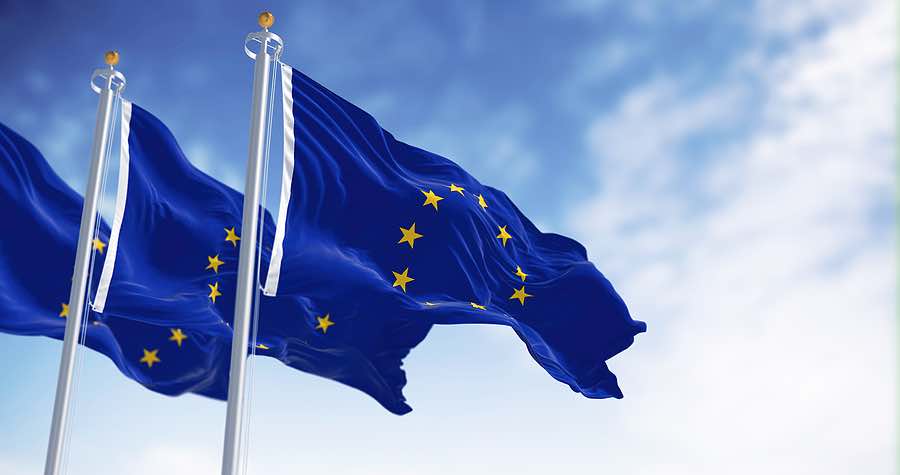The signing of international AI treaties, such as the one between the EU, UK, and US, is crucial for establishing a global legal framework to regulate the development and deployment of artificial intelligence. These treaties are essential because AI systems increasingly impact societies beyond national borders, making cross-border cooperation necessary to address the risks posed by this technology while fostering responsible innovation.
The Council of Europe’s international AI treaty, signed today in Lithuania, is the first legally binding international framework to regulate the entire lifecycle of AI systems. Unlike the EU’s AI Act, which applies only to EU member states, this treaty allows non-EU countries like the UK and the US to participate, ensuring a more global approach to AI governance. The treaty addresses both public and private sector use of AI, setting out different models for compliance depending on the sector.
By taking a risk-based approach, the treaty ensures AI systems uphold principles such as human dignity, transparency, and non-discrimination. It provides a common set of guidelines that nations can adopt into their domestic laws, ensuring a harmonized response to AI’s challenges. Countries beyond Europe, including Canada, Japan, and Israel, are expected to sign the treaty, extending its influence.
This initiative is complemented by other regional efforts, such as the G7’s Hiroshima process, which aims to promote safe, secure, and trustworthy AI. Together, these international agreements and initiatives play a vital role in creating a unified global response to the challenges and opportunities presented by AI technology.






